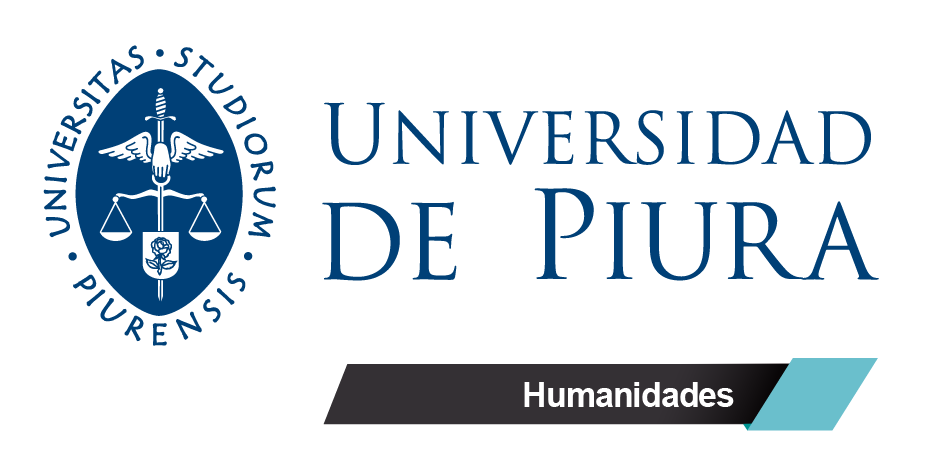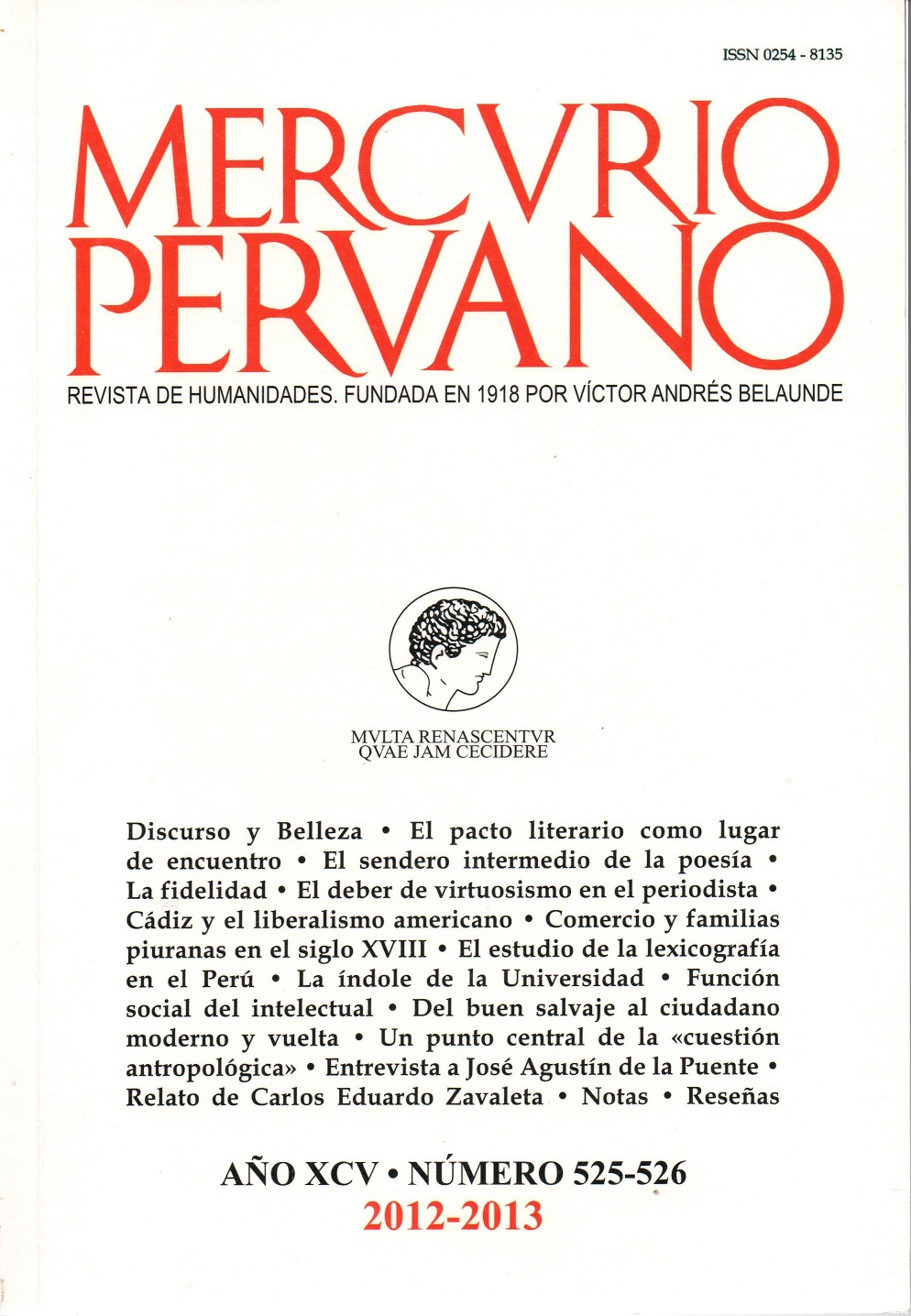Del buen salvaje al ciudadano moderno y vuelta
Keywords:
social contract, citizen, good savage, general will, unilateral divorce.Abstract
Jean-Jacques Rousseau’s The Social Contract (1762) is key to the understanding of the present social pact . This paper focuses on two concepts – the ‘will of all’ and the ‘general will’. Rousseau endeavours to raise the ‘good savage’ up to a citizen status, whereby he remains free in the midst of a society – he surrenders his freedom and ownership rights, and yet he obeys to himself and none other. Freedom as spontaneity, and fidelity to a promise, inevitably collide, and Rousseau entangles them further. To date, this antagonism remains unresolved and adrift within liberal societies. Hobbes chained the good savage by means of strictly regulating laws, but he repeatedly breaks free and returns to his pure spontaneity. Inter alia, unilateral divorce is an instance of the late triumph of Hobbes above Rousseau.



 Portal de Revistas de la Universidad de Piura.
Portal de Revistas de la Universidad de Piura.